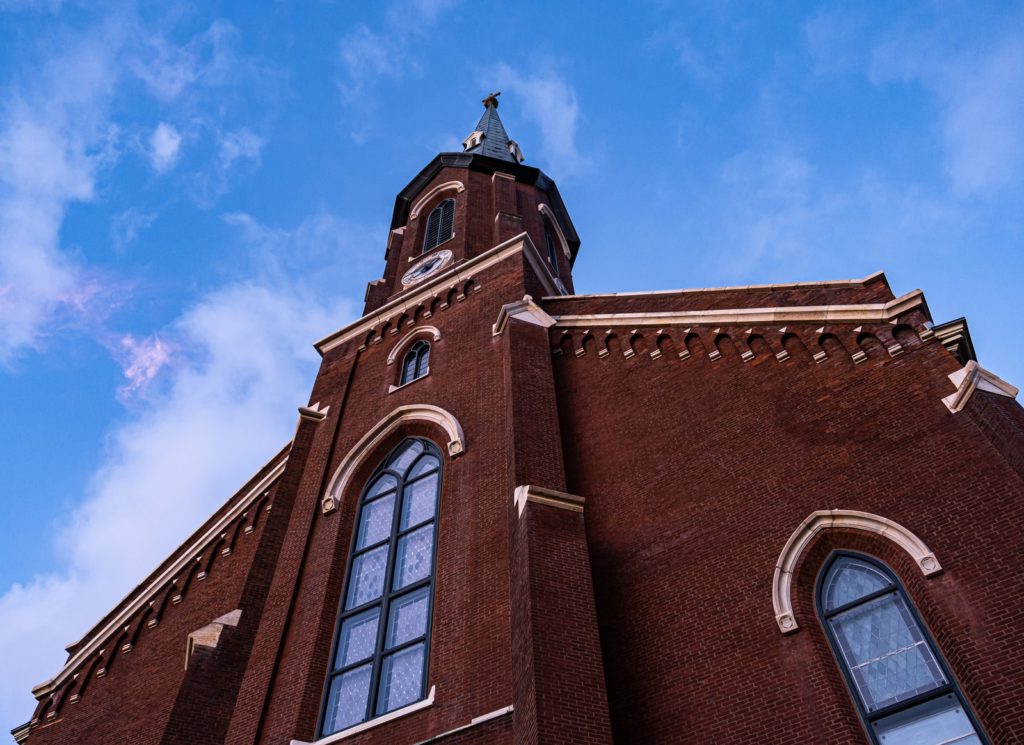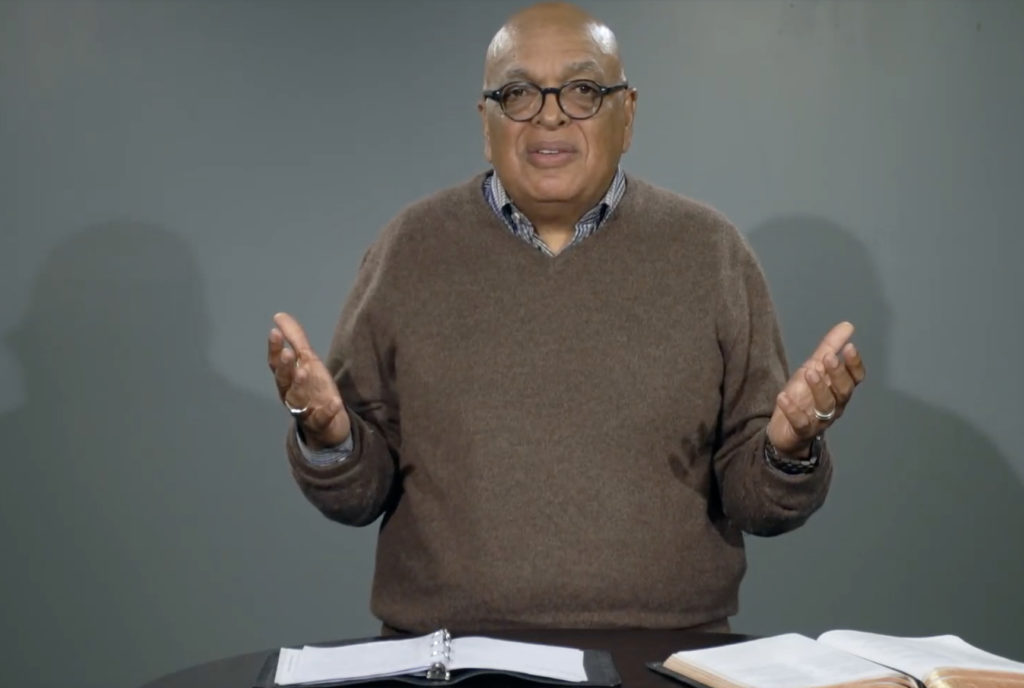A judge's verdict against a Christian couple in Oregon has religious liberty advocates counting this as the latest loss in the escalating clash against sexual liberty.
Administrative Law Judge Alan McCullough ruled that Aaron and Melissa Klein — owners of a Gresham, Ore., bakery — unlawfully discriminated against a lesbian couple by declining, based on their religious convictions, the couple's request for a wedding cake.
In his Feb. 2 ruling, McCullough found that the Kleins violated an Oregon civil rights law that includes sexual orientation as a protected category. A March 10 hearing will determine how costly the fine will be for the Kleins, who closed their Sweet Cakes by Melissa shop after a public backlash and began making cakes at home.
The Kleins' case is among an increasing number involving wedding service providers who find their religious free exercise threatened by the expansion of legalized, same-sex “marriage.” Gay “marriage” is now legal in 36 states, including Oregon, and the District of Columbia. Bakers, florists, photographers and other professionals who provide products for weddings have at times been forced to service same-sex ceremonies despite their belief that marriage is only between a man and a woman.
It is not just providers of wedding services who are battling to express their religious convictions, however. Increasingly, those with biblical views regarding sexuality are finding their jobs and livelihoods threatened as government agencies — and potentially courts — rule that laws protecting lesbian, gay, bisexual and transgender (LGBT) rights trump the religious exercise of others.
The growing, government-supported threat to conscience rights is real but not new, Southern Baptist religious liberty specialist Russell Moore said.
"For years, we've been told that the sexual revolution is about tolerance and personal freedom," Moore, president of the Ethics & Religious Liberty Commission, said. The Kleins' "situation shows once more the real instincts of a state-established religion of sexual liberation — with the law used to steamroll every conscience in the way."
Southern Baptists "need to be clear-eyed about this, not so we can vent outrage but so that we can rekindle in our own churches why religious liberty and freedom of conscience are essential for a free church and a free state," Moore said. "We've been here before, and we'll be here again."
Among the wedding service providers fighting in court to protect their freedom not to participate in same-sex ceremonies:
— Barronelle Stutzman, a florist in Richland, Wash., is being sued in federal court by the state attorney general and the American Civil Liberties Union for declining to arrange flowers for a same-sex wedding. The case has been stayed until September for related proceedings in a lower court.
— Jack Phillips, a Lakewood, Colo., cake shop owner, has appealed a Colorado Civil Rights Commission ruling against him for refusing to make a cake for a same-sex ceremony. The case is before the Colorado Court of Appeals.
Already, Jonathan and Elaine Huguenin, owners of a New Mexico photography business, have lost in court. They denied a request to photograph a lesbian commitment ceremony. In April, the U.S. Supreme Court refused to review the New Mexico high court's decision against the Huguenins. The state court ruled the couple had violated New Mexico's ban on sexual orientation discrimination.
Christians also are finding themselves vulnerable before state and local authorities. Among believers affected by state and local policies upholding LGBT rights:
— Blaine Anderson, a Lexington, Ky.-area printer, is challenging an order by the county Human Rights Commission to print shirts that promote the Lexington Pride Festival.
— Atlanta Fire Chief Kelvin Cochran was fired in early January after publishing a book in which he defended the biblical view of sexuality and described homosexual behavior as immoral.
The Alliance Defending Freedom (ADF), which is representing Cochran, has said it is considering the legal options for defending the former fire chief's freedoms of speech and religion after his termination by Atlanta Mayor Kasim Reed. Cochran said in January he is "pretty confident" he will bring legal action against the city.
Cochran is a deacon, Sunday School teacher and Bible study leader at Atlanta's Elizabeth Baptist Church, a cooperating church with the Georgia Baptist Convention.
"The city fired him for nothing other than his faith, and that's not constitutional," ADF Senior Counsel Kevin Theriot said in a written statement.
In the same ADF release, Cochran said, "This happened to me, but it's really not about me. It's a warning to every American that freedom of speech and freedom of religion are hanging by a thread, which will snap if we don't fight to preserve these cherished protections."
Cochran also said he is "heartbroken that I will no longer be able to serve the city and the people I love as fire chief for no reason other than my Christian faith. It's ironic that the city points to tolerance and inclusion as part of its reasoning. What could be more intolerant and exclusionary than ending a public servant's 30 years of distinguished service for his religious beliefs?"
Cities, and even smaller municipalities, increasingly are enacting ordinances expanding anti-discrimination protections to LGBT people in employment, housing and public accommodation, which includes hotels, restaurants and other businesses. Opponents contend the laws often infringe upon freedom of religion and conscience for individuals, churches and businesses.
The city councils of Houston and Plano, Texas, are among those that approved LGBT ordinances in 2014. At one point, the Houston government subpoenaed the sermons of pastors who opposed its ordinance as part of a lawsuit before backing down.
Some municipalities recently have refused to endorse such laws. Fayetteville, Ark., voters repealed in December a pro-homosexual/transgender ordinance which the city council had approved in August. In October, the Berea, Ky., city council rejected a similar law in a 5-3 vote, according to the Associated Press. (BP)





Share with others: